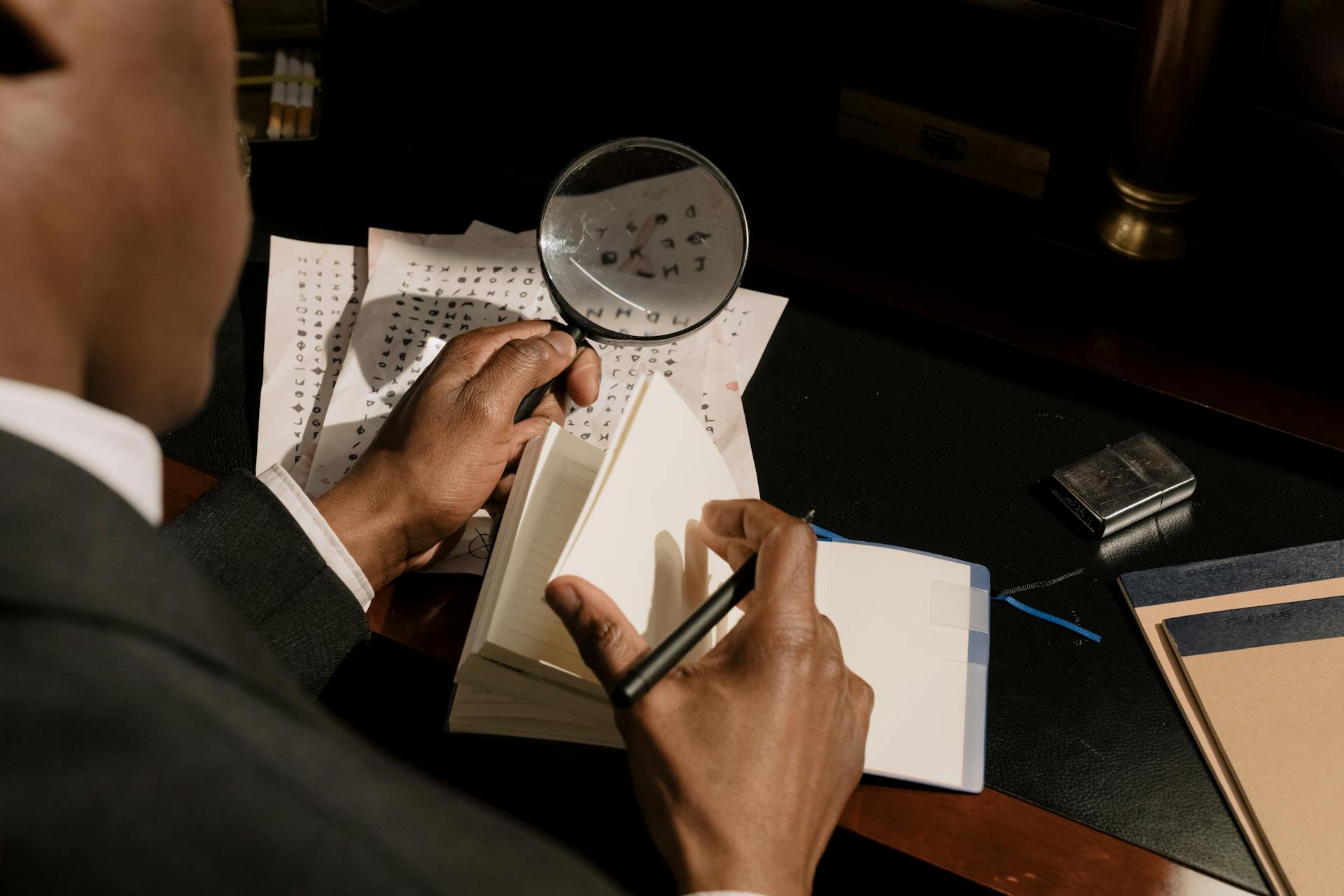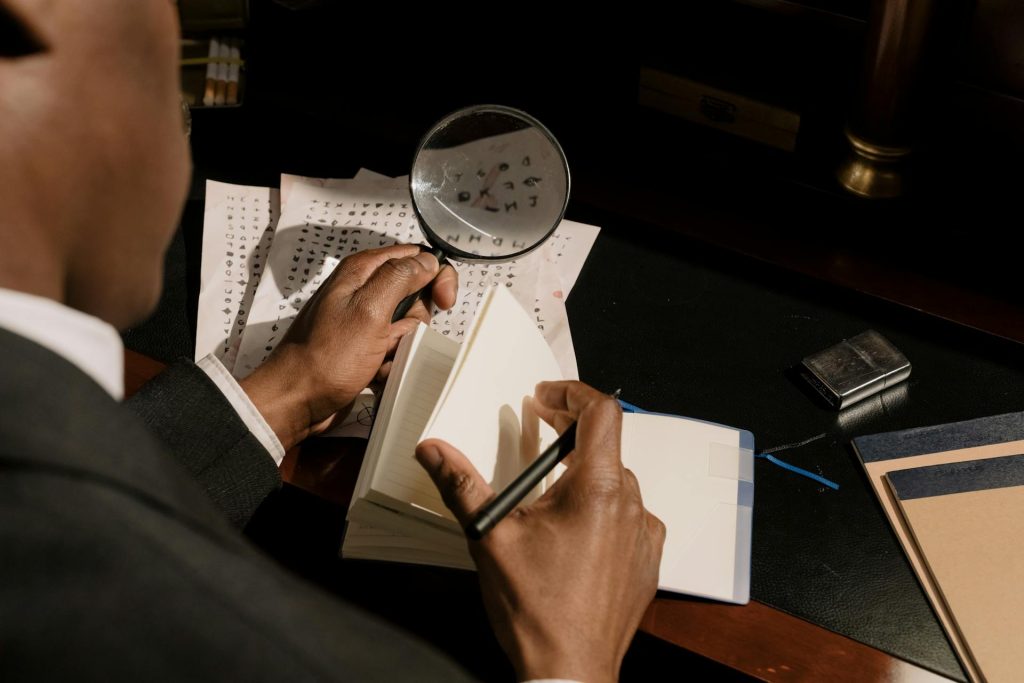In an age where information is readily available at our fingertips, the need for private investigators (PIs) has surged. Whether it’s for personal matters, corporate investigations, or legal support, hiring a private investigator can be a crucial step in uncovering the truth. However, the rise in demand has also led to an increase in scams and unqualified individuals posing as professionals. To ensure you hire a legitimate investigator, it’s essential to know how to navigate this landscape effectively.

Understanding the Role of a Private Investigator
Before diving into the hiring process, it’s important to understand what a private investigator does. PIs are trained professionals who conduct investigations for various purposes, including:
- Background checks: Verifying the history of individuals or businesses.
- Surveillance: Monitoring activities to gather evidence.
- Fraud investigations: Identifying and proving fraudulent activities.
- Missing persons: Locating individuals who have disappeared.
Given the sensitive nature of these tasks, hiring a qualified and trustworthy investigator is paramount.
Red Flags to Watch For
When searching for a private investigator, there are several warning signs that can indicate a potential scam. Here are some key red flags to be aware of:
Lack of Credentials
A legitimate private investigator should have the necessary licenses and certifications. In the UK, PIs are not regulated by a specific governing body, but they should still possess relevant qualifications and experience. Always ask for proof of their credentials and check if they are members of professional associations, such as the Association of British Investigators (ABI).
Unclear Pricing Structure
Be wary of investigators who provide vague or overly low estimates. A reputable PI will offer a clear breakdown of their fees, including hourly rates, retainer fees, and any additional costs. If the pricing seems too good to be true, it probably is.
Pressure Tactics
Scammers often use high-pressure sales tactics to rush you into making a decision. A trustworthy investigator will take the time to understand your needs and provide you with the information necessary to make an informed choice. If you feel rushed or pressured, it’s a significant warning sign.
Lack of Transparency
A professional investigator should be open about their methods and the processes they will use. If they are evasive or unwilling to explain how they will conduct the investigation, it’s best to look elsewhere. Transparency is key in building trust.
Verifying a Private Investigator’s Credentials
One of the most critical steps in the hiring process is verifying a private investigator’s credentials. This involves checking their licensing, experience, and reputation. Here are some steps to follow:
1 Request Documentation: Ask for copies of their licenses and certifications. In the UK, while there is no specific licensing requirement, many PIs will have relevant qualifications or training.
2 Check References: A reputable investigator should be able to provide references from previous clients. Reach out to these references to gauge their experiences and satisfaction with the investigator’s services.
3 Online Research: Conduct a thorough online search. Look for reviews, testimonials, and any potential complaints. Websites like Trustpilot or Google Reviews can provide insights into the investigator’s reputation.
4 Professional Associations: Membership in professional organisations can be a good indicator of credibility. Investigators who are part of associations like the ABI adhere to a code of ethics and standards.
5 Consultation: Many private investigators offer a free initial consultation. Use this opportunity to ask questions about their experience, methods, and past cases. This can also help you gauge their professionalism and communication style.
The Importance of a Written Contract
Once you’ve found a private investigator you feel comfortable with, it’s essential to have a written contract in place. This document should outline the scope of work, fees, timelines, and confidentiality agreements. A well-drafted contract protects both parties and ensures that everyone is on the same page regarding expectations.
Trust Your Instincts
While it’s important to conduct thorough research, don’t underestimate the power of your instincts. If something feels off during your interactions with a potential investigator, trust your gut. The relationship between you and your investigator is built on trust, and if you feel uneasy, it’s best to continue your search.
Conclusion
Hiring a private investigator can be a daunting task, especially with the potential for scams lurking in the shadows. By understanding the role of a PI, recognising red flags, and taking the necessary steps to verify credentials, you can protect yourself from falling victim to fraud. Remember, a legitimate investigator will be transparent, professional, and willing to answer your questions.
In a world where the truth can sometimes be obscured, finding the right private investigator can provide clarity and peace of mind. By following these guidelines, you can navigate the hiring process with confidence, ensuring that you engage a qualified professional who can help you uncover the truth you seek.











